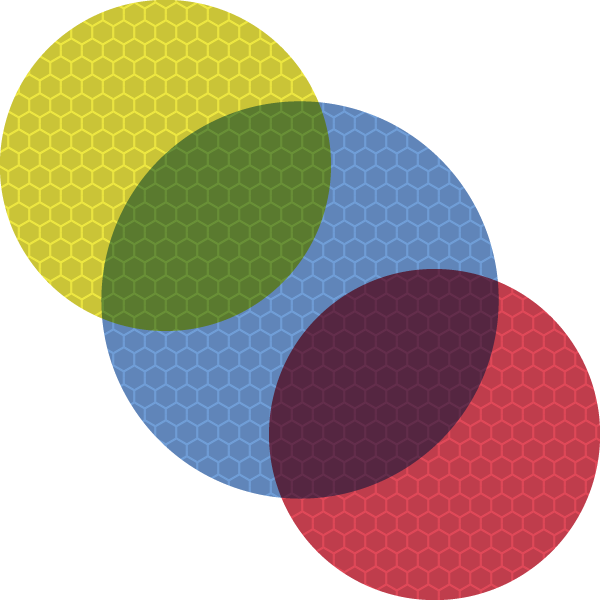1963_Sackson_360_December 06.jpg
Creator
Sid Sackson
Date
1963
Format
.jpg
Source
Box 1, Object 1, Sid Sackson collection
Item sets
Rights Statement
The Strong, Rochester, New York.
Full Metadata
 1963_Sackson_360_December 06.jpg
1963_Sackson_360_December 06.jpg
Title
1963_Sackson_360_December 06.jpg
Creator
Sid Sackson
Date
1963
Type
image
Format
.jpg
Source
Box 1, Object 1, Sid Sackson collection
Language
English
Coverage
1963
Rights
The Strong, Rochester, New York.
transcription
FRIDAY 6 DECEMBER
1963 340th day - 25 days to come
Rc'd. a reorder for 4 FOCUS booklets.
Wald here for supper. Played his new game with
BB too. Each player has a setup with 24
chips which must be moved over (similar to the
beads on an abacus). Players also have larger
chips to use as money. All players bid for the
right to move chips. The first winner of an auction
moves as many chips as he wishes paying the ammount
of his bid for each chip moved. This money goes into
a kitty to be won by the first player to move his chips -
except that the player putting it in can't win it and
if he finishes first the player with least still to move
gets it.
After the first bid there are subsequent bids which
work the same except that the money goes to the
previous mover. The first to move across gets 1
chip (money) for each unmoved chip of from each opponent
and the kitty, unless he put the money in the kitty.
Wald also played with the chips going in a sequence
of colors, 1 color belonging to each player. When
a player was auctioning the right to move he
would have to accept a bid before there was a general
pass. If he didn't, the player represented by
the color of the last-moved chip of the auctioner
would move one chip free & then auction. This didn't
seem to work well.
Played three games of FOCUS. I won.
1963 340th day - 25 days to come
Rc'd. a reorder for 4 FOCUS booklets.
Wald here for supper. Played his new game with
BB too. Each player has a setup with 24
chips which must be moved over (similar to the
beads on an abacus). Players also have larger
chips to use as money. All players bid for the
right to move chips. The first winner of an auction
moves as many chips as he wishes paying the ammount
of his bid for each chip moved. This money goes into
a kitty to be won by the first player to move his chips -
except that the player putting it in can't win it and
if he finishes first the player with least still to move
gets it.
After the first bid there are subsequent bids which
work the same except that the money goes to the
previous mover. The first to move across gets 1
chip (money) for each unmoved chip of from each opponent
and the kitty, unless he put the money in the kitty.
Wald also played with the chips going in a sequence
of colors, 1 color belonging to each player. When
a player was auctioning the right to move he
would have to accept a bid before there was a general
pass. If he didn't, the player represented by
the color of the last-moved chip of the auctioner
would move one chip free & then auction. This didn't
seem to work well.
Played three games of FOCUS. I won.
Item sets
